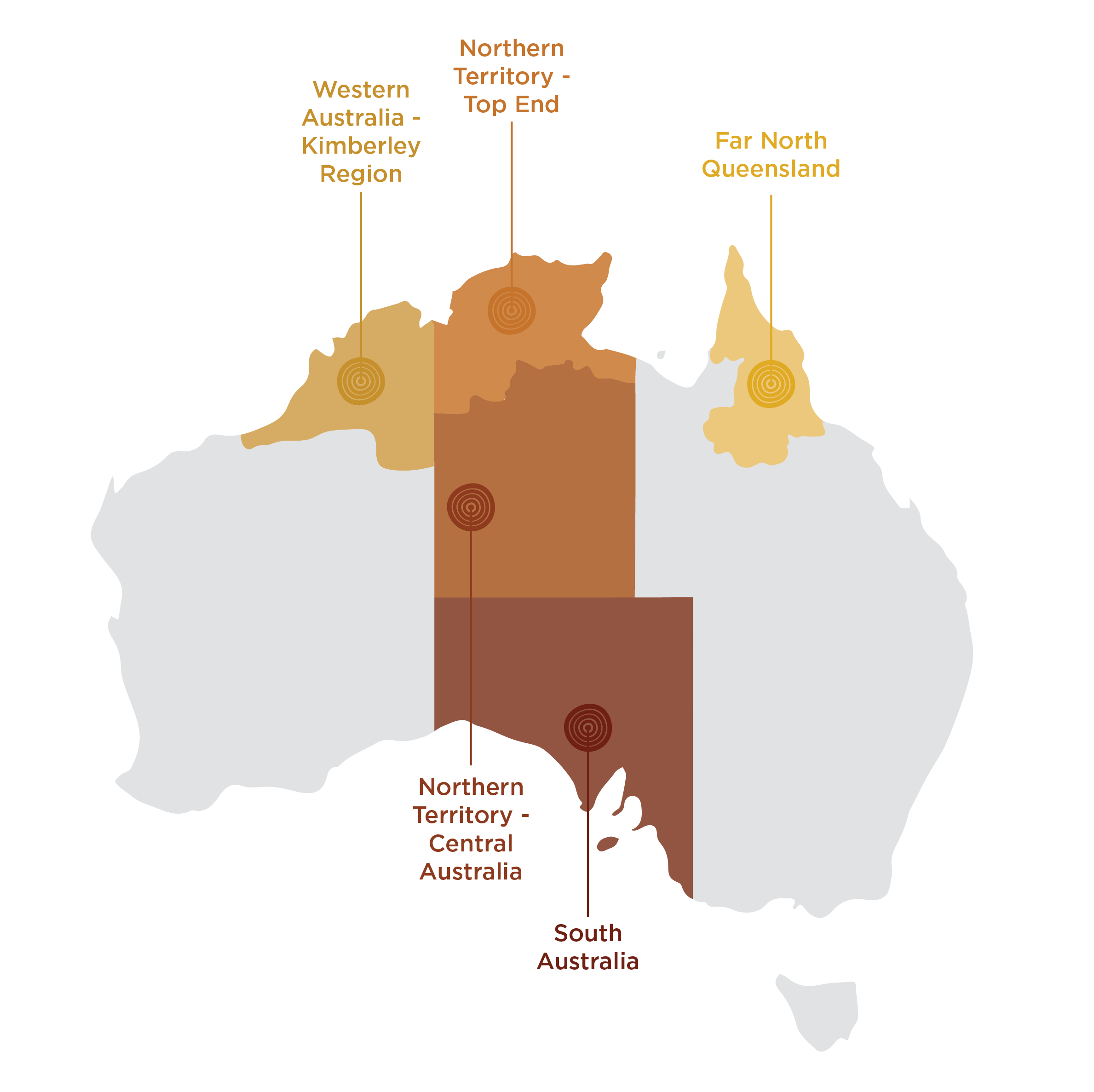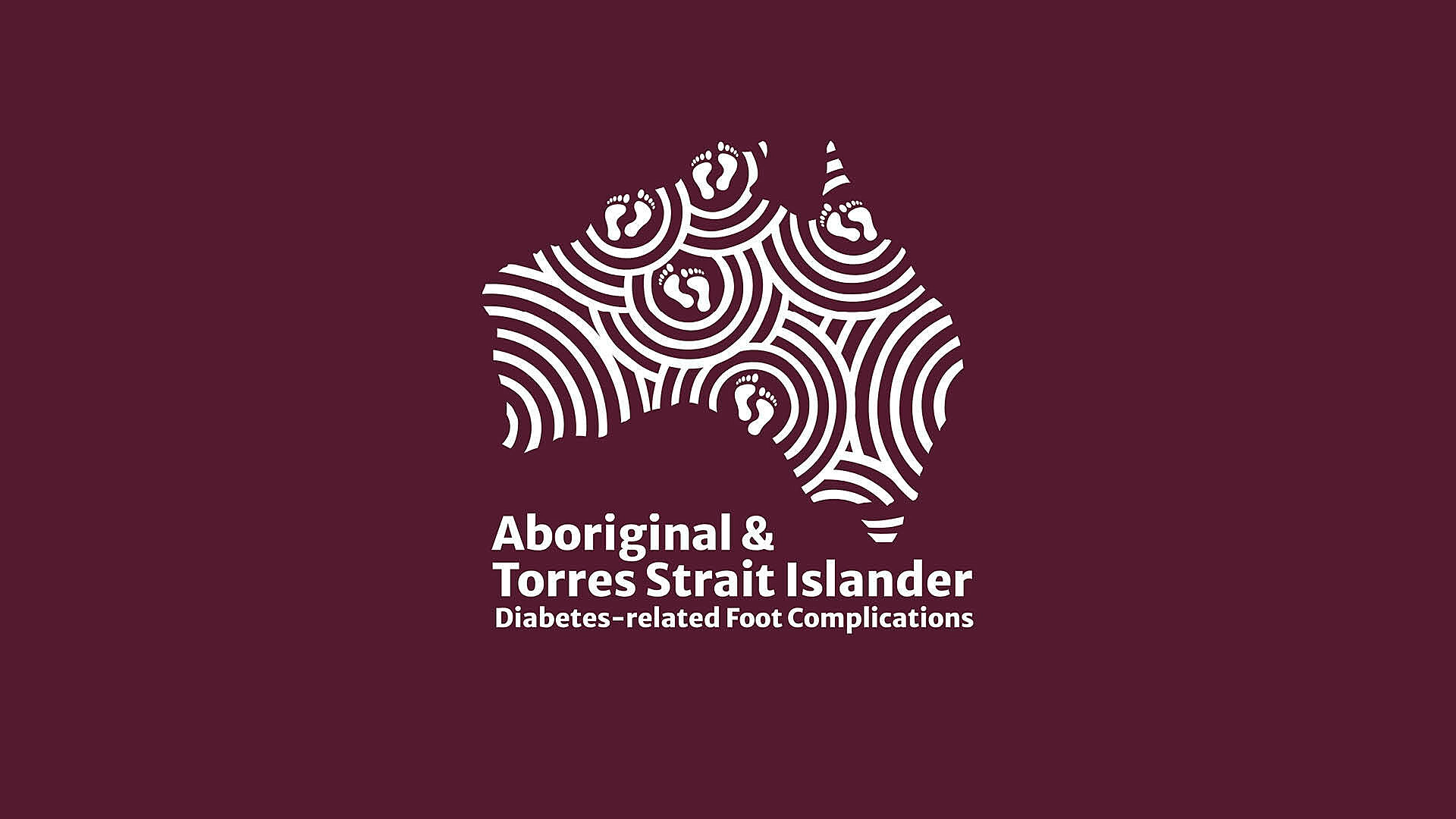The Aboriginal and Torres Strait Islander Foot Complications Program was established in 2020 to improve foot health and reduce amputation rates for Aboriginal and Torres Strait Islander people with diabetes in South Australia, the Top End of the Northern Territory and Central Australia, the Kimberley region in Western Australia and Far North Queensland.
Diabetes is often coined as the "epidemic of the 21st century", and Aboriginal and Torres Strait Islander communities are particularly affected. Diabetes brings with it a range of complications, affecting eyes and kidneys, causing circulatory issues that can lead to heart disease, stroke, Alzheimer's Disease and depression. Diabetes also affects the feet, and the burden of diabetes-related foot complications is high and probably underestimated in the community and amongst health professionals.

SAHMRI coordinates the Aboriginal and Torres Strait Islander Diabetes-related Foot Complications Program across 5 regions in Australia, which have been identified based on population health data. Led by the Aboriginal Community-Controlled Health Sector, the regions developed partnerships with key service providers to plan and implement culturally appropriate, evidence-based multi-disciplinary services and improve health systems to prevent and better manage diabetes-related foot ulcers, infections, nerve damage and circulatory issues, that can lead to lower limb amputations.
The initial planning phase (2019 and 2020) included the development of a baseline report to better understand the determinants, burden and impact of diabetes foot disease as well as the available services, and to identify gaps in the system.
Based on this data, each region developed an implementation plan to increase access to multi-disciplinary services for people across all geographical remoteness categories, enhance service integration to achieve better continuity of care, improve and trial new service models and enhance the existing workforce capacity and capability through addressing skills, knowledge gaps and additional investment into podiatry, allied health and primary health care.
The program has focused on empowering people with diabetes and those with or at risk of developing foot complications to maintain healthy feet, recognise foot health risks early and navigate the health system to access timely and appropriate care. Engagement with community has been an ongoing focus of this program.
For further information on the SA component of this project, please click here.


